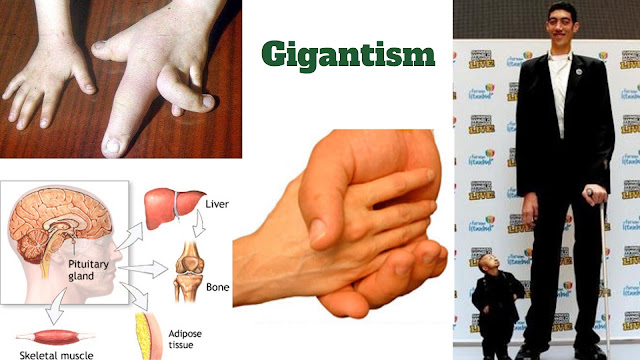The truth about severe PTSD identification by brain marker is about to be revealed:
The truth about severe PTSD identification by brain marker is about to be revealed:
Post-Traumatic Stress Disorder is an anxiety disorder that can develop in response to a stressful event or situation of exceptionally threatening or catastrophic nature. It usually develops followings a single episode of trauma. Patients have the capacity to forget but in complex PTSD case they will get flashbacks and nightmares associated with insomnia from time to time. It is associated with behavioural issues and reckless activities like binge eating, abnormal sexual activities and drug and alcohol abuse. Although its diagnostic features have been recently re-classified with the emergence of the Diagnostic and Statistical Manual for Mental Disorders, it remains characterized by hyperarousal, intrusive reminders of the trauma, prevention of trauma-related indications, and negative cognition and mood. This heterogeneity specifies the presence of multiple neurobiological mechanisms underlying the etiology and maintenance of PTSD.
PTSD susceptibility markers should identify individuals at high risk for PTSD in order to prevent them from being exposed or, if exposure already happened, to care for a timely initiation of a preventive therapy before manifestation of PTSD symptoms. Several potential avenues for the identification of diagnostic biomarkers for PTSD have revealed. These include monoaminergic transmitter systems, the hypothalamic-pituitary-adrenal (HPA) axis, metabolic hormonal pathways, inflammatory mechanisms, psychophysiological reactivity, and neural circuits. Such biomarkers will most likely be recognized by multi-dimensional models derived from comprehensive descriptions of molecular, neurobiological, behavioural, and clinical phenotypes.
The lack of diagnostic biomarkers for PTSD is not due to a lack of intensive study, but rather likely due to the complexity of PTSD and the complex set of rules.
The possibility to develop PTSD depends on individual risk and resilience factors and increases with the number of traumatic events experienced as well as with the stress intensity of the traumatic incidents. There is much evidence that social factors like the extent of familiar support, psychological factors such as cognitive reappraisal and optimism, and biological factors like endocrine factors, single nucleotide polymorphisms (SNPs), and neurotransmitter systems modulate PTSD susceptibility, progression of PTSD, epigenetic markers and maybe also the response to PTSD treatment. A biomarker is well-defined as a method, substance, or structure that can be dignified in the body or its products in order to analyze the threat to develop a certain disease, to detect a disease, to evaluate disease progress and diagnosis, to predict the conclusion of various treatment opportunities before their application, or to regulate treatment efficiency.




Comments
Post a Comment